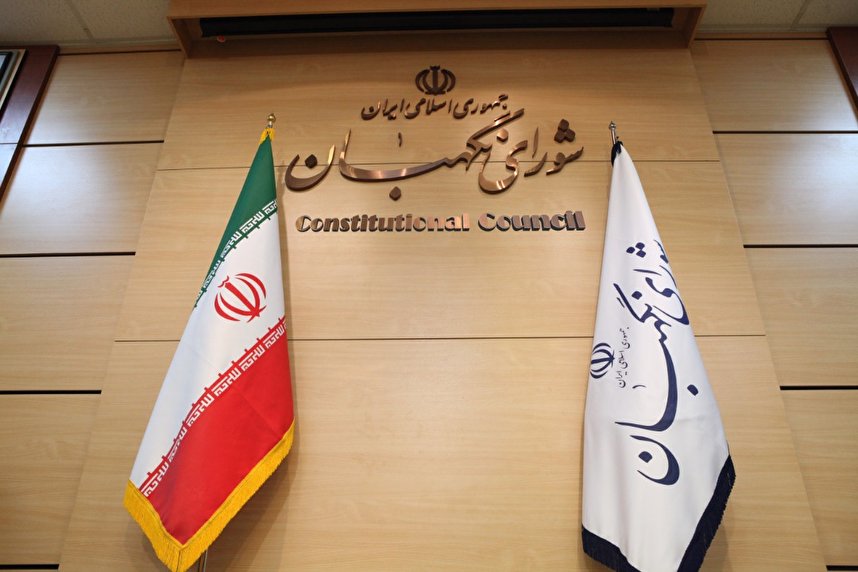- Constitutional Council spokesman visits Tehran Times anniversary exhibition
- ‘A Historic Day and A Valuable Legacy for Resistance’
- Spokesperson criticizes international community's inaction over US, Israel’s atrocities
- Right to resistance a legitimate struggle for liberation from domination: Tahan Nazif
Constitutional Council marks establishment anniversary

“The victory of the Islamic Revolution and the establishment of the Islamic Republic in Iran provided the world with a new experience to show that - apart from the mundane models imposed on human societies by arrogant powers in the west and east- there are other models which promote divine values and guide mankind into salvation,” the Council said in its statement.
It added, “Today, after more than four decades, Muslim nations as well as the oppressed around the world have well realized that the worldly thoughts promoted by the arrogant powers are disappearing and that the holy system of the Islamic Republic, which is the product of a Divine religion, still prevails and has guided Iran towards peaks of success and progress”.
“The Constitutional Council [since its establishment on July 17 in 1980] has played a vital role in preserving Islamism and Jumhuriyat (Republicanism) and has (will) never backed away from protecting the sacred Sharia (Islamic law) and the Constitutional law,” the statement further read.
This year the establishment anniversary of the Constitutional Council falls on Sunday.
The Constitutional Council is one of the most important and powerful bodies within the Islamic Republic of Iran’s fabric of governance. The Council’s constitutional mandates include interpretation of the Constitution, supervision of elections (approval or disapproval of candidates seeking to run in parliamentary, presidential, and Assembly of Experts elections) and the vetting of legislation passed by the country’s Parliament.
The Council is comprised of twelve members: Six Faqihs and six jurists. The Faqihs (Islamic jurists) are appointed by the Leader of the Islamic Revolution, and the jurists are nominated by the head of the Judiciary Branch and confirmed by Parliament. According to Article 91 of the Constitution, the members are elected to serve for a period of six years.
According to Article 94 of the Constitution, the Parliament is required to refer all its legislation to the Constitutional Council. The law watchdog body would have a maximum of ten days from its receipt to ensure its compliance with Islamic tenets as well as the Constitution. If a majority of the Council (both Faqihs and jurists) finds a piece of legislation at variance with the Constitution and the standards of Islamic law, then the Council may strike it down or return it with revisions to the parliament for reconsideration. Otherwise the legislation will be deemed enforceable.
To be specific, Iran’s Parliament and its legislation lack credibility without the constitutional court and its approval, and the Parliament does not hold any legal status if there is no Constitutional Council in existence, except for the purpose of approving the credentials of its members and the election of the jurists on the Council.
It is worth noting that a national referendum was held with the question "Islamic Republic, yes or no" in March 1979. Some 98.2 percent of the voters said "yes." Following this victory, the Iranian Constitution of 1906 was declared invalid and a new constitution for an Islamic Republic was drafted and ratified by a referendum during the first week of December the same year.